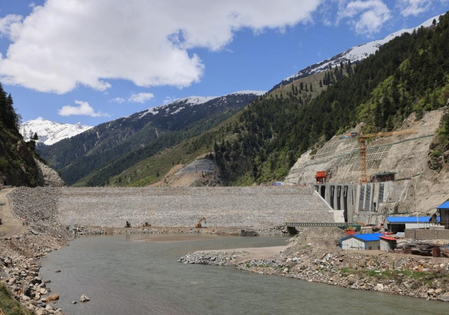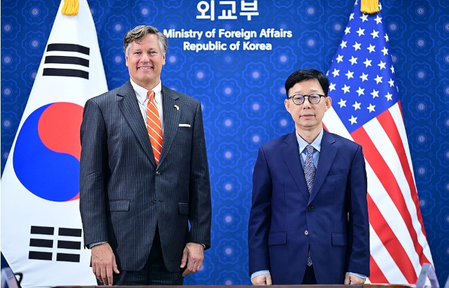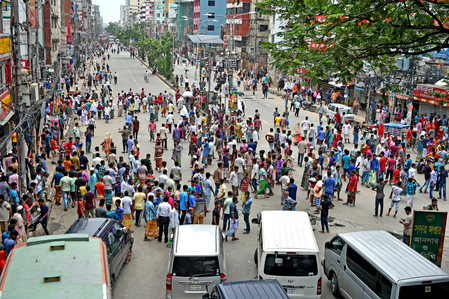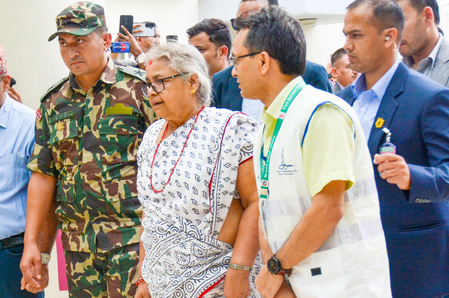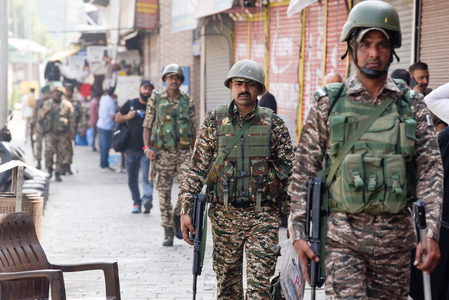
New Delhi, Sep 14 (IANS) Cross-border terrorism sponsored by Pakistan, apart from the loss of precious human lives, is posing a heavy economic burden on India due to the huge expenditure on border security and the damage to the tourism industry, which Islamabad has been targeting.
The economic burden is substantial. Border security is capital-intensive. New Delhi’s Border Infrastructure and Management (BIM) umbrella scheme set aside Rs 13,020 crore (2021–26) for fencing, flood lighting, roads, and technology along vulnerable frontiers, according to an article by Ankit Kumar published in Newswire.
Beyond the fence, terror shocks depress tourism and services, raise insurance premia, and force sustained deployment of central armed police and military units, with long-term opportunity costs for development spending, the article pointed out.
Pakistan’s backing of terror has not only been highlighted by India, but the UN’s listing files for LeT and for Masood Azhar, successive US assessments, and court cases abroad (including recent extradition actions connected to 26/11) point to networks nurtured by sanctuary and facilitation on Pakistani soil, the article stated.
More recently, Pakistan’s official links with proscribed terror groups were exposed when top Pakistan Army officers and senior civilian officials were seen openly paying respects at the grave of a Lashkar-e-Taiba (LeT) terrorist eliminated in Operation Sindoor.
On Pakistan’s Independence Day on August 14, General Officer Commanding (GOC) Lahore Division Major General Rao Imran Sartaj, Federal Minister Malik Rashid Ahmed Khan, visited the grave of Mudasir Ahmed in Muridke, Lahore. Mudasir, a high-value LeT operative, was linked to the 1999 IC-814 hijacking and the 2019 Pulwama terror attack. He was among those killed when Indian forces targeted Markaz Taiba – the LeT headquarters.
Mudasir’s funeral, held on May 7 in Muridke, was led by LeT commander Abdul Rauf (also known as Abdur Rauf), a specially designated global terrorist under US Treasury sanctions. He was also accompanied by uniformed Pakistani Army personnel during the funeral. Senior Pakistan Army officers and the Punjab Inspector General of Police were seen offering funeral prayers alongside LeT cadres.
The visuals from the funeral and the subsequent grave visit lay bare Pakistan’s double-speak on counter-terrorism – publicly claiming to fight terror, while state machinery continues to honour UN- and US-listed terrorists.
India has also strongly opposed further financial assistance from the International Monetary Fund (IMF) to Pakistan, expressing serious concerns over Islamabad’s track record and the fact that the bailouts were enabling the cash-strapped country to sponsor cross-border terrorism.
India abstained from voting on extending a fresh $1.3 billion IMF loan to Pakistan under the Resilience and Sustainability Facility (RSF) lending programme at the meeting.
Though India had underlined the concern that fungible inflows from international financial institutions, like the IMF, could be misused for military and state-sponsored cross-border terrorist purposes, which resonated with several member countries, the IMF’s response is circumscribed by procedural and technical formalities. This is a serious gap highlighting the urgent need to ensure that moral values are given appropriate consideration in the procedures followed by global financial institutions.
–IANS
sps/svn

